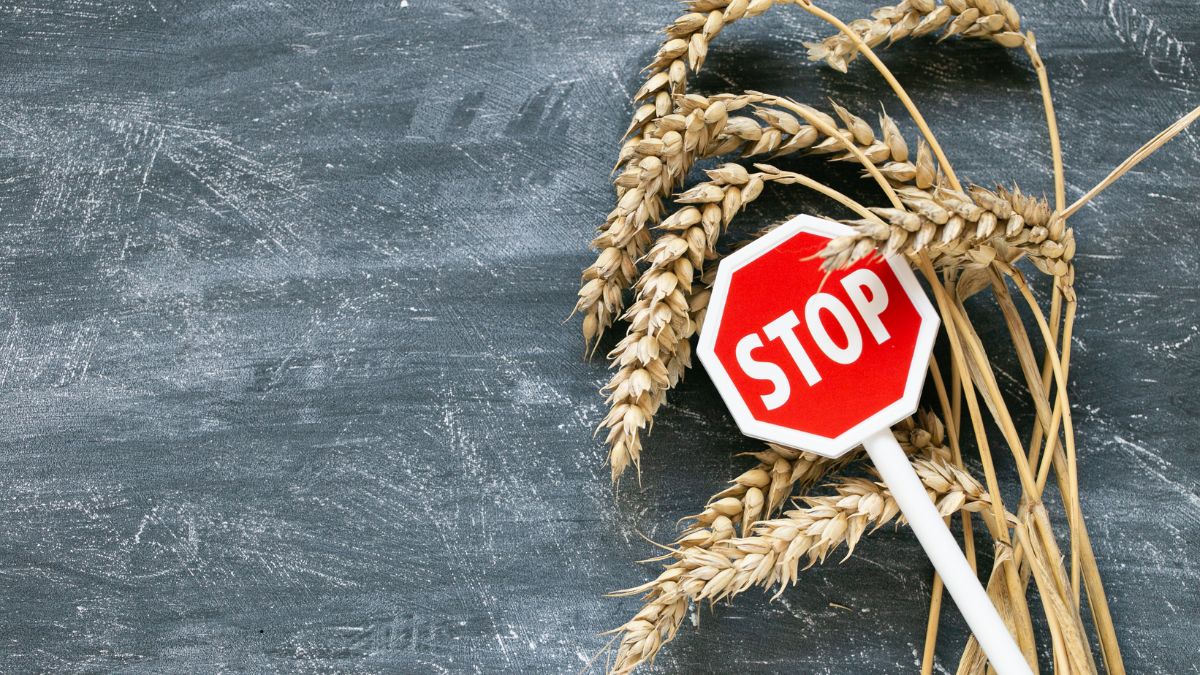
Nigeria has continued to enforce and expand its restrictions on prohibited and foreign-exchange-ineligible imports, reflecting a long-standing policy aimed at bolstering local manufacturing and preserving foreign currency reserves.
The Nigeria Customs Service (NCS) maintains a detailed list of goods that are outright prohibited from importation, including poultry (live or frozen), beef, paracetamol, and even cosmetics like soaps and detergents in retail packs. Used items such as fridges, tires, and clothing are also banned, as well as various classes of spirits and weapons deemed hazardous or misleading in nature.
Beyond absolute bans, the Central Bank of Nigeria (CBN) also enforces a separate policy that limits access to official foreign exchange rates for importers of over 40 product categories. These include widely consumed staples and finished products such as rice, cement, margarine, palm oil, toothpicks, furniture, dairy, and textiles. Importers of these items must rely on the parallel forex market, where rates are significantly higher.
In recent years, the CBN has adjusted policies around dairy imports. While a ban was initially announced in 2020, it has since evolved into a limited import license system granted to six companies including Friesland Campina WAMCO, Nestle Nigeria (MSK only), and Promasidor, among others. A similar restriction now governs sugar imports, limited to three major refiners: BUA Sugar, Dangote Sugar, and Golden Sugar Company.
The government justifies these trade controls as essential to developing local industries, supporting backward integration, and safeguarding scarce forex reserves. However, critics argue that the restrictions inflate prices and reduce consumer choice.
While Nigeria had previously planned to fully ban dairy imports by 2022, implementation remains partial and ongoing.

